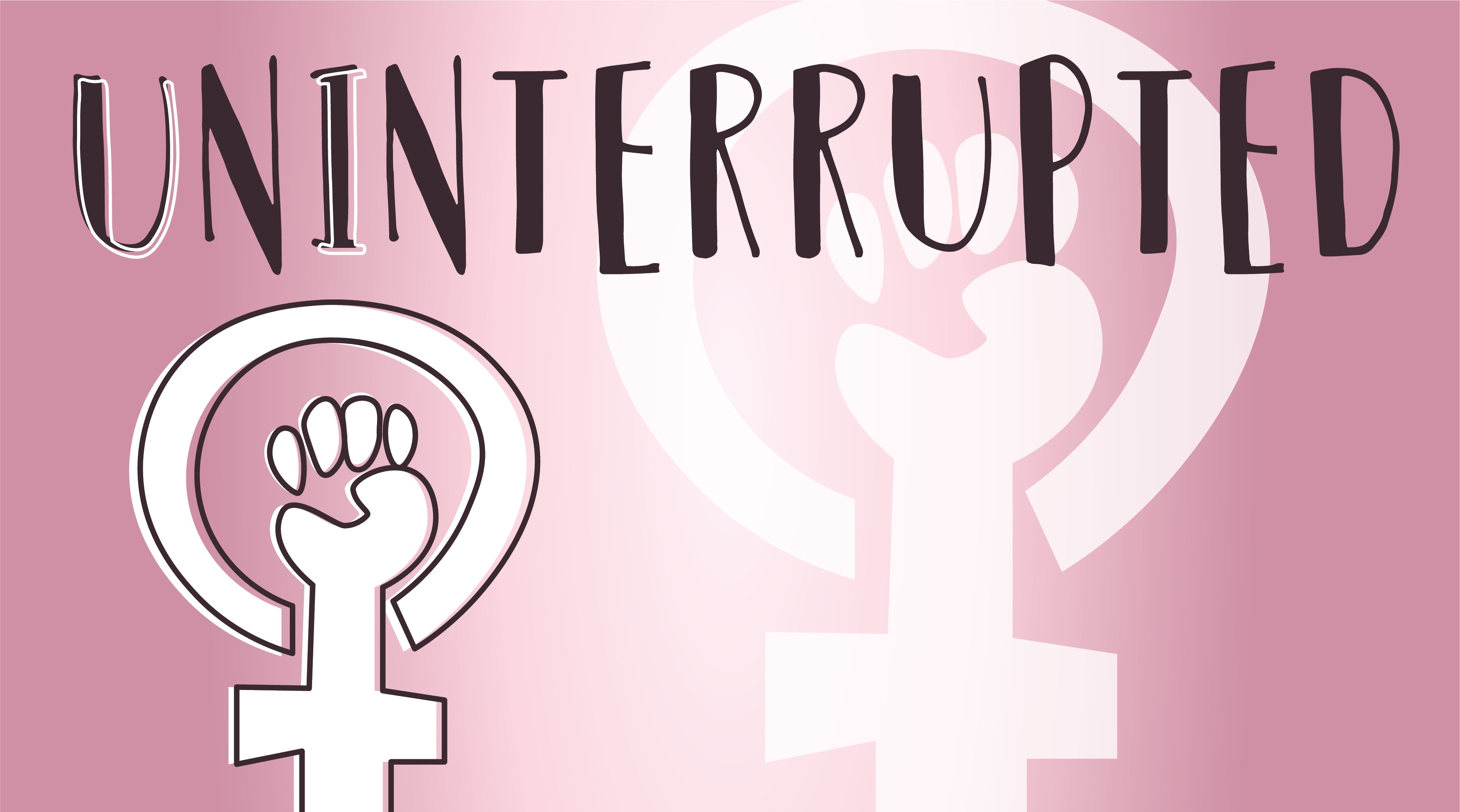
Listening is not activism
By: Kyndall Cunningham, Columnist
There’s a particular way we talk about sexual abuse in American and global culture that has always bothered me. Discourse about this subject often mislabels rape and sexual assault as “women’s issues,” placing the burden of these injustices on the shoulders of its victims — not its perpetrators — and in the false name of female empowerment.
It’s a common virtue among well-meaning men that women should be heard, that the empowerment of women equals the silencing of men. It’s an idea that’s often encouraged by women themselves, fighting to end the pervasiveness of sexual abuse and the systems that allow these behaviors to go unpunished.
They aren’t wrong. The same kind of intimidation that prevents women from reporting sexual harassment in their workplaces also prevents them from sharing their ideas with their male bosses, or voicing their opinions in meetings. Silencing is an insidious form of violence that ultimately limits women’s access to positions of authority. So we tell men to let us speak — not only that, but to hear our voices.
While men should listen to women, while our experiences should be believed, valued and understood, the sole instruction of “sit down and listen” to privileged men in response to gender inequality is all too rudimentary and performative to affect real change.
Listening is an accommodation, one that turns into silence. It’s not activism.
It’s the same way I approach racism. I refuse to be the token black student in my class who my professor looks to for all my black perspectives, while my white peers sit idly by without being challenged about race.
Women and minorities put themselves on the line so often, while people in power remain silent. Whether they are our allies or our enemies, the truth is the silence of men, or white people or anyone in a privileged position, is ultimately dangerous. Women should not have to work to fix an issue that simply isn’t theirs. Instead of instructing women to stand up for themselves or figure out a way to end sexual assault, how about we ask men why they have such horrible attitudes toward women? Why are such an overwhelming number of abusers male? What do men plan to do to hold each other accountable for this societal issue that they’re perpetuating?
All of this reminds me of Emma Watson’s HeForShe campaign that began in 2014. The goal of the campaign is to recruit men and boys as “agents of change” against gender inequality and hurtful stereotypes. Her speech to the UN was originally met with pushback from certain feminists who believed her campaign ultimately aimed to make feminism a more accommodating space for men. Pictures of male celebrities like Harry Styles and Tom Hiddleston holding handwritten signs that read #HeForShe didn’t exactly help, with activists and social media users accusing men of priding themselves on their feminist beliefs without doing any real work, the type of performative activism displayed by male allies quite often.
I never really agreed with these sentiments when I heard them, as I understood Watson’s message as one of male accountability and sharing the workload. The silence of all men — the good ones and the bad ones — may sound pleasant to some, but it’s ultimately dangerous. The extremity of the patriarchy is represented in the idea that women have to work to end the problems that have been inflicted on them by men. Therefore, men should not be able to pride themselves as socially conscious, enlightened “good guys” based on minimal involvement in a movement.
Looking back, I’m grateful for what Emma Watson established in her campaign, like so many other feminists: that sexual assault, rape and the overall mistreatment of women are men’s issues, that gender inequality is not our burden to carry, that all men are responsible for the patriarchal systems in place. The real challenge isn’t whether society can actually listen to women. It’s whether society can hold men accountable for anything.

